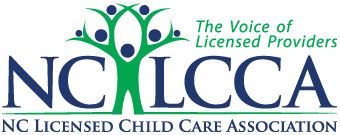Accomplishments
NCLCCA is hard at work at both the state and federal level with lawmakers and those who establish rules and regulations. NCLCCA has been especially busy since 2019, securing legislative and regulatory wins that have benefited licensed child care businesses in our state. You can see our current policy agenda HERE, or see a recap of some or our most important work, below... 2023
2022 (Short legislative session)
2021
2020 (Short legislative session)
2019
|
NC Licensed Child Care Association | Call Us at (919) 609-6772 | Address: |
Powered by Wild Apricot Membership Software
